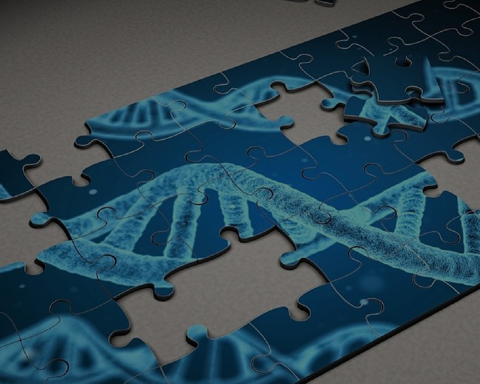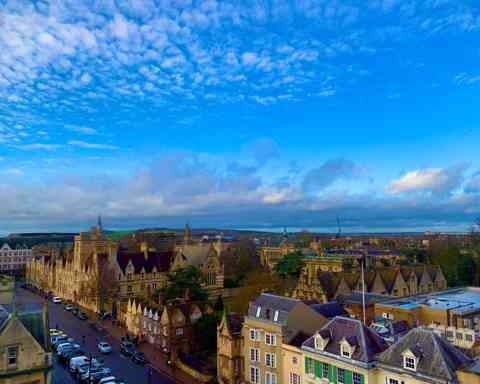Press Statement – Anscombe Bioethics Centre Strongly Opposes Harmful and Inhumane Abortion ‘Decriminalisation’ Amendments
Today and tomorrow, the House of Commons will consider amendments to the Crime and Policing Bill, two of which (see the Amendment Paper here, pp. 108–112) would aim to ‘decriminalise’ abortion – i.e. remove criminal penalties for illegal abortions from the law.
New Clause 1 (NC1), proposed by Tonia Antoniazzi MP, would disapply the crimes of ‘unlawful procurement of miscarriage’ (sections 58 and 59 of the Offences Against The Person Act 1861) and ‘child destruction’ (the Infant Life (Preservation) Act 1929) from women who cause their own abortion. This means that no woman could be prosecuted for aborting her own child at any stage of pregnancy, including immediately before birth, and for any reason (e.g. sex-selection).
New Clause 20 (NC20), proposed by Stella Creasy MP, is still more extreme, and would repeal the two crimes altogether, meaning that abortionists, whether or not medically qualified, would face no penalties for causing the death of an unborn child at any stage of pregnancy. Further, by repealing the crime of ‘child destruction’, there would be no extra penalty for anyone who caused a woman to miscarry or undergo a forced or unwanted abortion.
As we did before, in relation to previous attempts to introduce similar proposals, the Anscombe Bioethics Centre opposes these amendments in the strongest possible terms, as antithetical to the welfare and dignity of women and their unborn children. By removing the legally mandated oversight of both law and medicine, both amendments increase not only the danger of coercion of women into abortion, as the police will not be able to investigate and detect such abuses, but also the risk of dangerous late-term abortion without medical supervision. At the same time, by mostly or entirely removing legal protections for the unborn, these amendments deny the basic humanity and dignity of some of the most vulnerable members of the human family.
Such proposals are intended to end the phenomenon of women being investigated and prosecuted for using abortifacient drugs illegally. However, the recent increase in such investigations is a direct consequence of the advent of ‘telemedicine’ abortions. These were introduced during the COVID pandemic as a way to minimise the health risks of face-to-face contact, but they have increased the risk of coercion and of illegal abortion. If the practice of ‘telemedicine’ abortion is permitted to continue, then weakening or abandoning the current legal framework will only increase the likelihood of women taking abortifacient drugs while under coercive control, and of taking such drugs without medical supervision at a stage of pregnancy that poses a risk to life. These harmful and inhumane amendments would increase the danger of women dying by backstreet abortion.
END
Notes to Editors:
- Any part of the above can be quoted as coming from our Public Bioethics Fellow, Dr Mehmet Çiftçi.
- For more background information on this issue, see the Anscombe Centre’s Bioethics in Brief on Abortion.
- For more information on the Anscombe Bioethics Centre, see our website: www.bioethics.org.uk
- For interviews or comment, contact: media@bioethics.org.uk
Most recent
Press Release – Anscombe Bioethics Centre Launches ‘Advance Decisions and Ethical Choices’ Project
31 July 2025
The Anscombe Bioethics Centre is pleased to launch a new suite of resources on advance statements, l...
Statement on the Anscombe Bioethics Centre
31 July 2025
A statement from the Governing Body of the Anscombe Bioethics Centre and the Trustees of the Catholi...
Copyright Announcement
25 July 2025
Henceforth, all work which had Anscombe Centre or Linacre Centre copyright is now dedicated to the p...
Sincerest Thanks for Your Support
Staff are grateful to all those who sustained the Centre in the past by their prayers and the generous financial support from trusts, organisations, communities and especially from individual donors, including the core funding that came through the Day for Life fund and so from the generosity of many thousands of parishioners. We would finally like to acknowledge the support the Centre has received from the Catholic community in Ireland, especially during the pandemic when second collections were not possible.
We would like to emphasise that, though the Centre is now closed, these donations have not been wasted but have helped educate and support generations of conscientious healthcare professionals, clerics, and lay people over almost 50 years. This support has also helped prevent repeated attempts to legalise euthanasia or assisted suicide in Britain and Ireland from 1993 till the end of the Centre’s work on 31 July 2025.



